Incorporation of the sciences in the new constitution
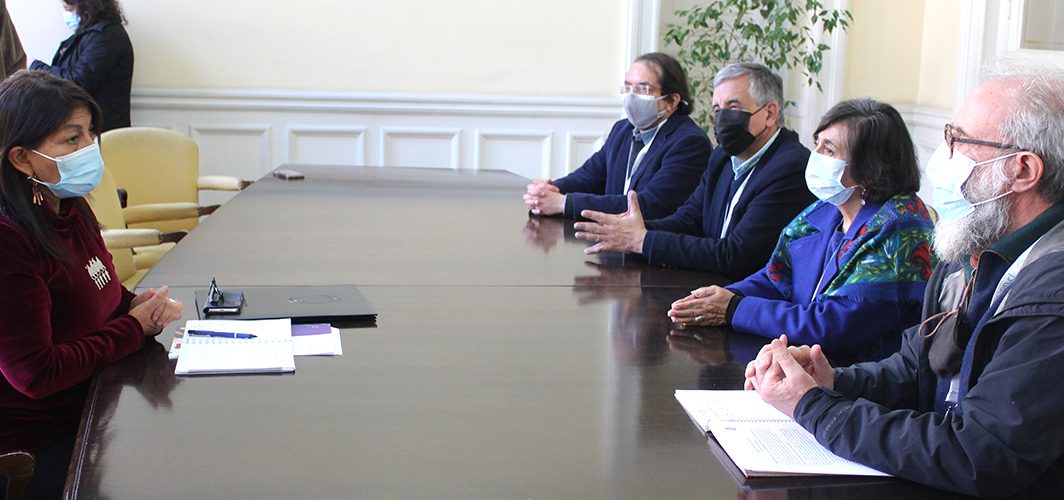
- Members of the Chilean Academy of Sciences, submitted proposals for topics and approaches on Science, Generation of Knowledge and Society to the President of the Constituent Convention, Elisa Loncon.
- Within the proposal developed by four members of the Chilean Academy of Sciences, highlights science as a universal right as a central axis.
In order to collaborate and accompany the constituent debate of the country, during the afternoon of yesterday, the President of the Chilean Academy of Sciences, Cecilia Hidalgo, together with academics Sergio Lavandero, Pablo Marquet and Javier A. Simonetti, met with the president of the Constitutional Convention, Elisa Loncon, to deliver a series of proposals for topics and approaches on Science, Knowledge Generation and Society.
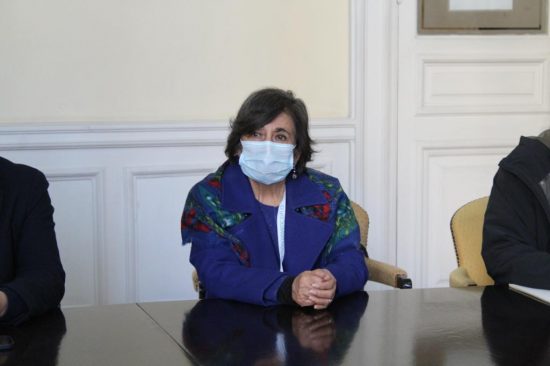
"The purpose of the document is, highlight the importance of science and how it should be incorporated as a constitutional right. In this sense, we propose that through the constitution science and scientific and technological research be promoted, for the benefit of the interest of society and in the post-development of our country", reported Dr.. Cecilia Hidalgo, president of the Chilean Academy of Sciences.
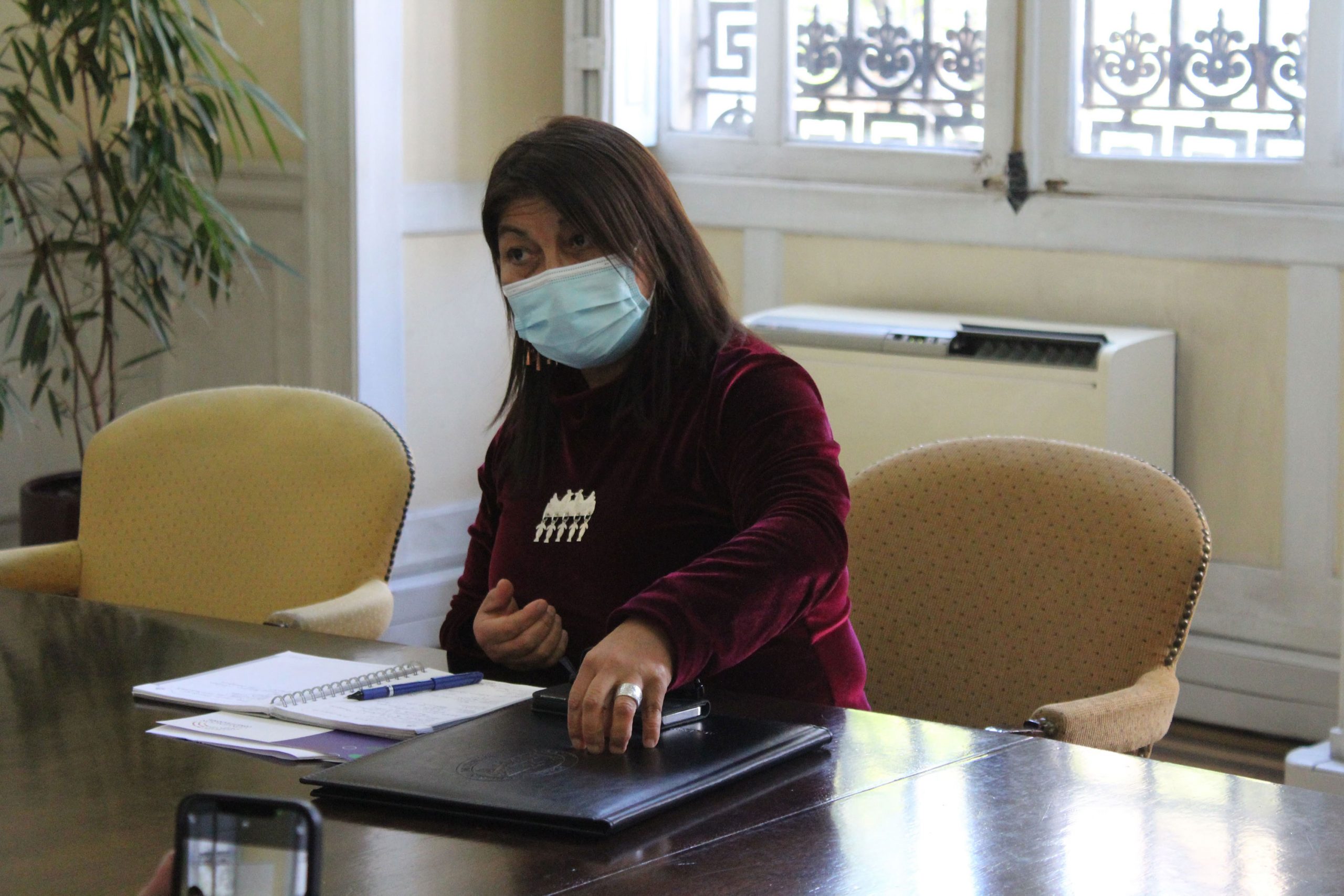
In this same line, President Elisa Loncon, expressed his gratitude for the Academy's approach to the constituent process "This is a conversation that has a very important stamp, because it reflects dialogue to give space to science and knowledge, as a nucleus that also allows to guide the discussion for a new constitution. At the Constitutional Convention, we are going to debate different issues related to Chilean society and scientific knowledge is a tool that allows us to read realities and seek solutions to the problems that afflict our community, in that sense we invite the Academy of Sciences and researchers to participate in future hearings" he said..
Within the considerations raised by scientists, is noted: consecrate the science as a universal right, which would vindicate science as an essential activity to generate a knowledge society, that is based on the best available scientific information for the development of public policies and decision-making.
Also, the need for the diversity in the sciences. The size of scientific groups is essential to ensure diversity, enhance the community and accelerate the dynamics of knowledge generation.
Continue and improve the relationship between the ciencia and universities in Chile, is another of the aspects highlighted by the researchers, who suggest that the new constitution should contemplate the recognition of universities in the scientific and technological development of our nation. At the same time, its articulation should be encouraged with the creation of new public scientific-technical research entities, private and mixed ones that increase national capacity in science, technology and innovation, incorporating scientists. On the other hand, they also suggest promote unlimited and immediate access to information.
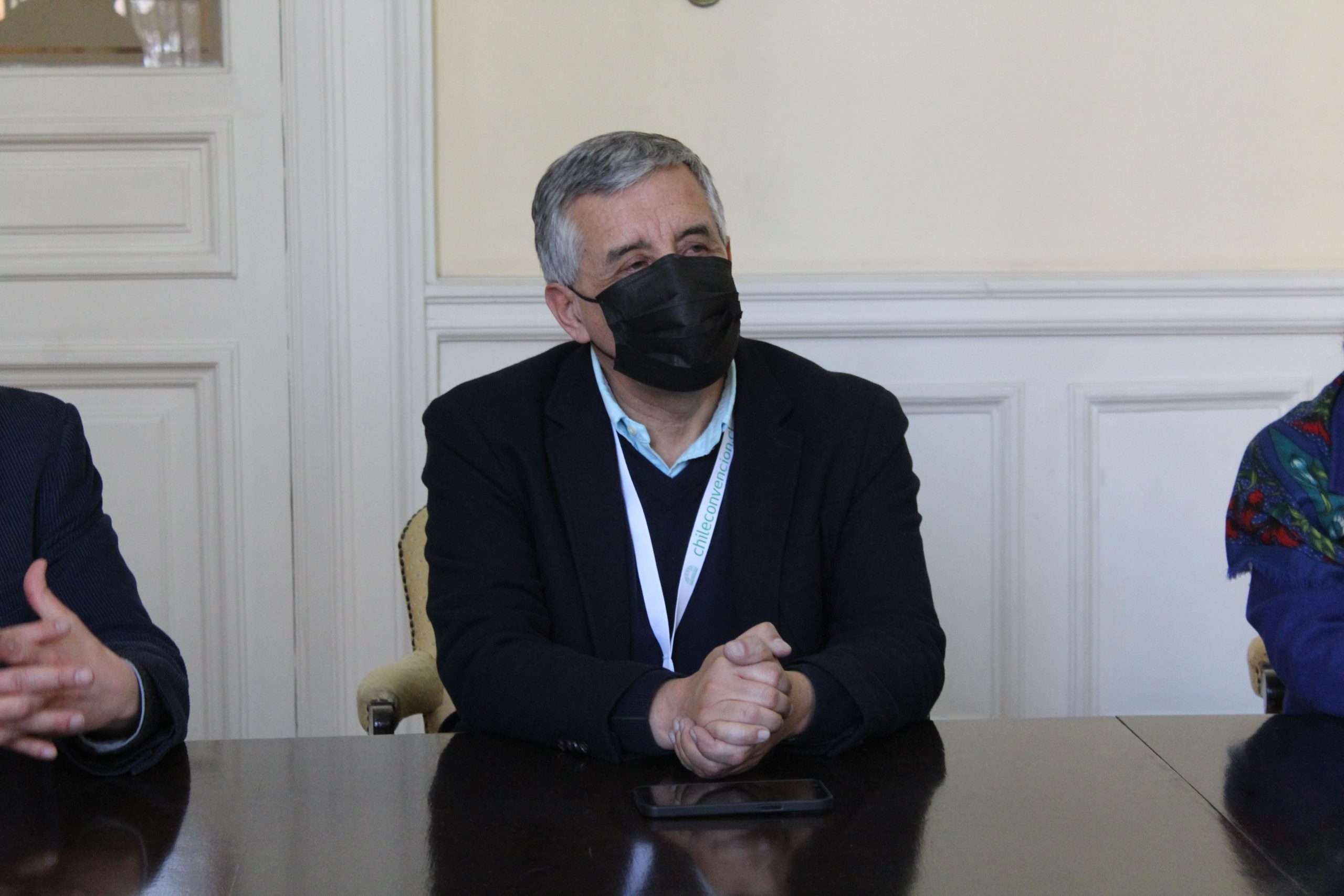
In this sense, Dr. Sergio Lavandero, full professor of the Faculty of Sciences, Chemical and Pharmaceutical and the Faculty of Medicine of the University of Chile and full member of the Academy, stressed that science is a universal right and this is recognized by the Universal Declaration of Human Rights (1948) and the International Covenant on Economic Rights, Social and Cultural (1966). "Science is part of a country's culture, includes resources and heritages of knowledge and knowledge, generated by observation, reasoning and experimentation, those that are passed down from generation to generation through formal education. For this reason, it is essential that the future constitution fully incorporates science", Said.
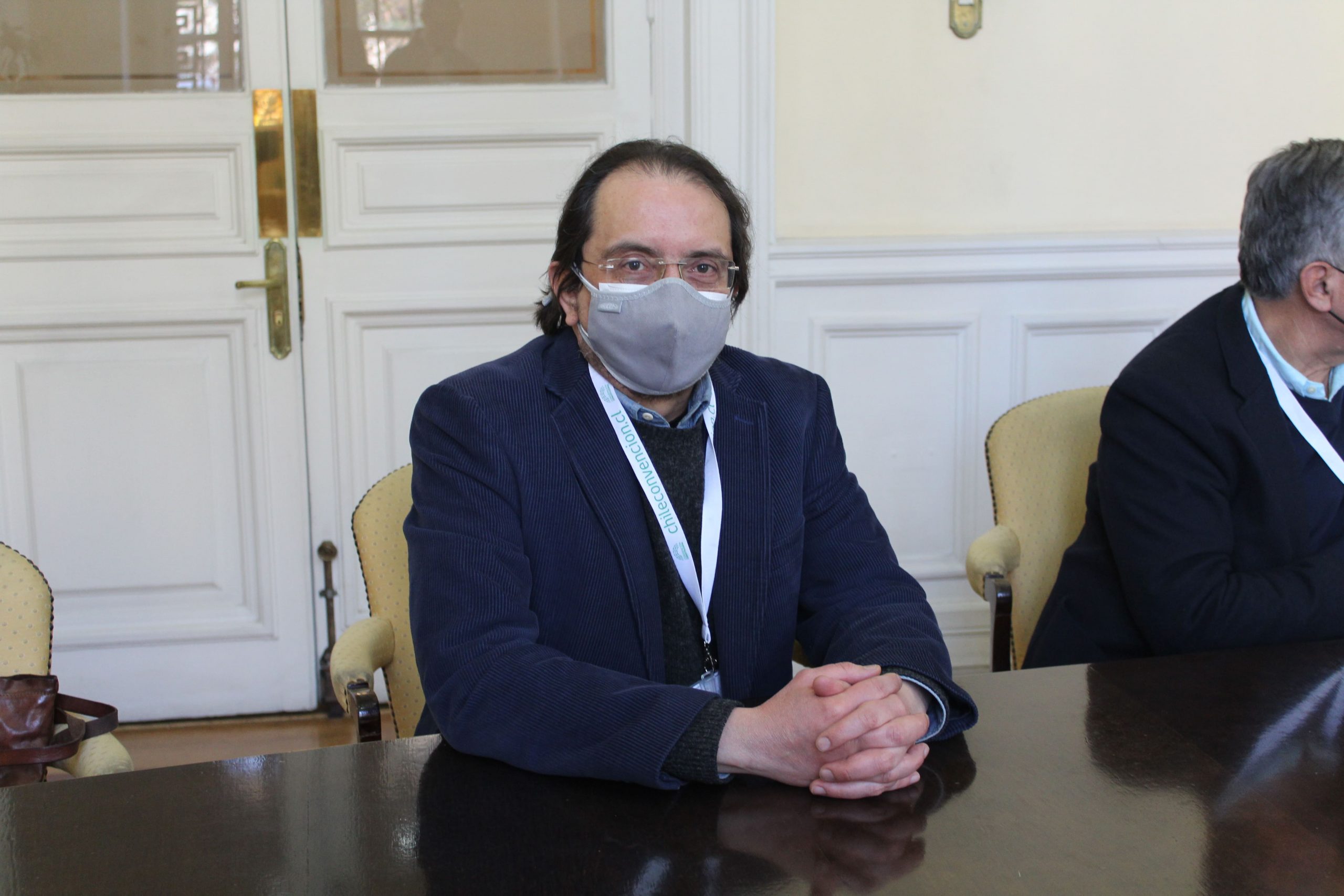
On the other hand, Dr. Paul Marquet, professor of the Faculty of Biological Sciences of the Pontificia Universidad Católica de Chile and corresponding member of the Academy, he said "at last the constituent assembly meets science, we hope that this will be the beginning of a fruitful dialogue, and to be able to recognize in the new constitution the importance of making good decisions, based on science and scientific evidence, promoting the diversity and collective character of this activity".
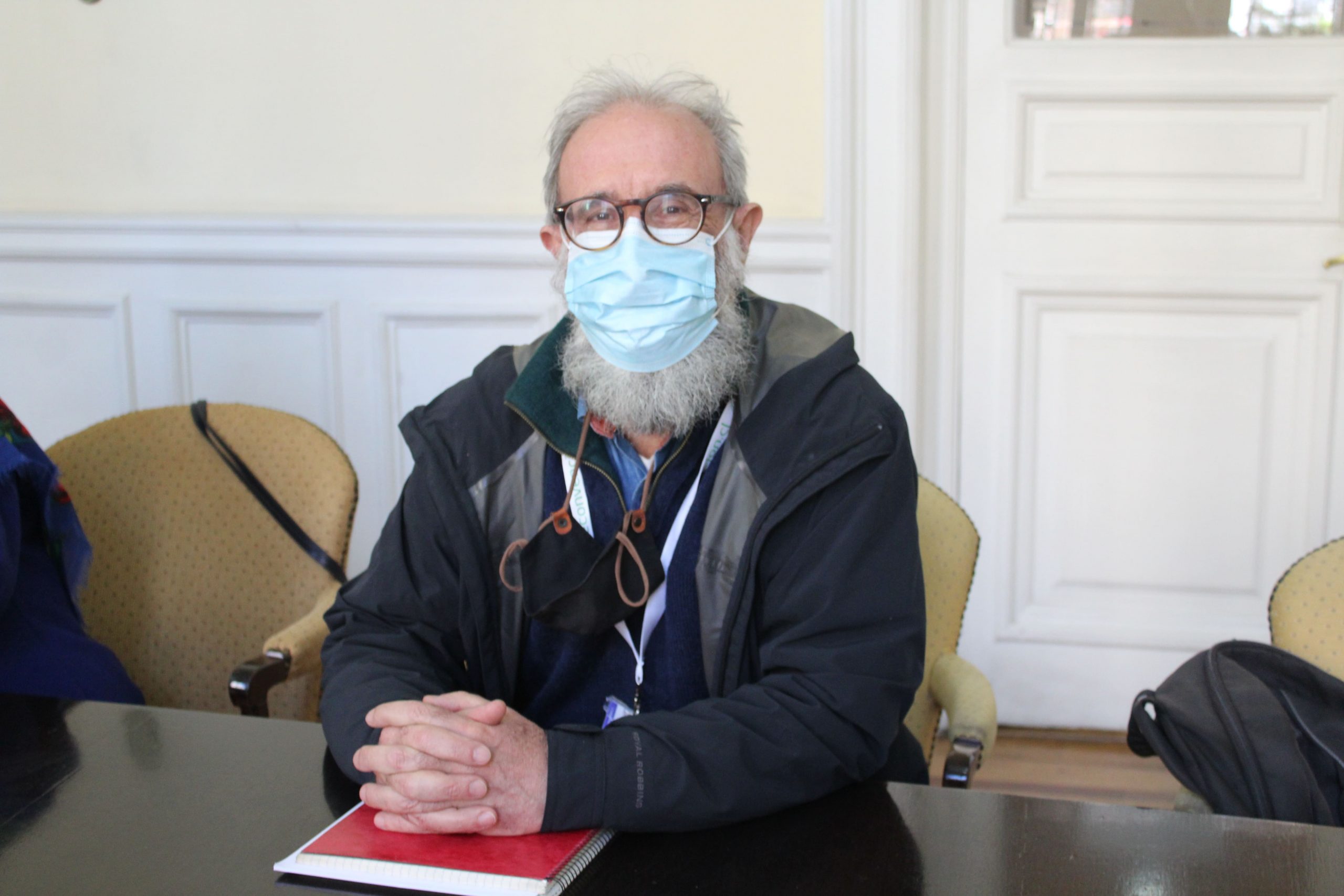
During the meeting, Dr. Javier Simonetti, Professor of the Faculty of Sciences of the University of Chile and corresponding member of the Academy, He also stressed that the moment that Chile is currently experiencing is unique and exceptional., "for the first time we can prepare and draft a constitution in democracy, that is, that the voice of all is heard, in this context, the Chilean Academy of Sciences is making an important contribution by showing the conventional constituents, the relevance of science for the cultural and social development of this country".
Tproposed emas for the future Constitution of Chile:
In Chile, the current constitution states in Chapter III, Article 19 that "Shall correspond to the State, likewise, promote the development of education at all levels; stimulate scientific and technological research, artistic creation and the protection and enhancement of the nation's cultural heritage." This mention, although laudable, is weak and incomplete in the light of what has been advanced in other constitutions, both from countries with vast scientific development and from those that have incorporated science as a constitutional right in more recent times.
In this context, the Chilean Academy of Sciences is allowed to suggest:
- Right to education and culture.
- Science as a constitutional right.
- Promotion of science and scientific-technical research for the benefit of the general interest. Recognize and protect the right to freedom of scientific and technical education and creation.
- Securing Intellectual Property.
- Securing state funding, equivalent to at least the OECD average, to achieve an adequate development and growth of our scientific and technical capacity.
- Ensure that policy development, Plans, programmes, laws or other public policy instruments are based on the best available scientific information.
